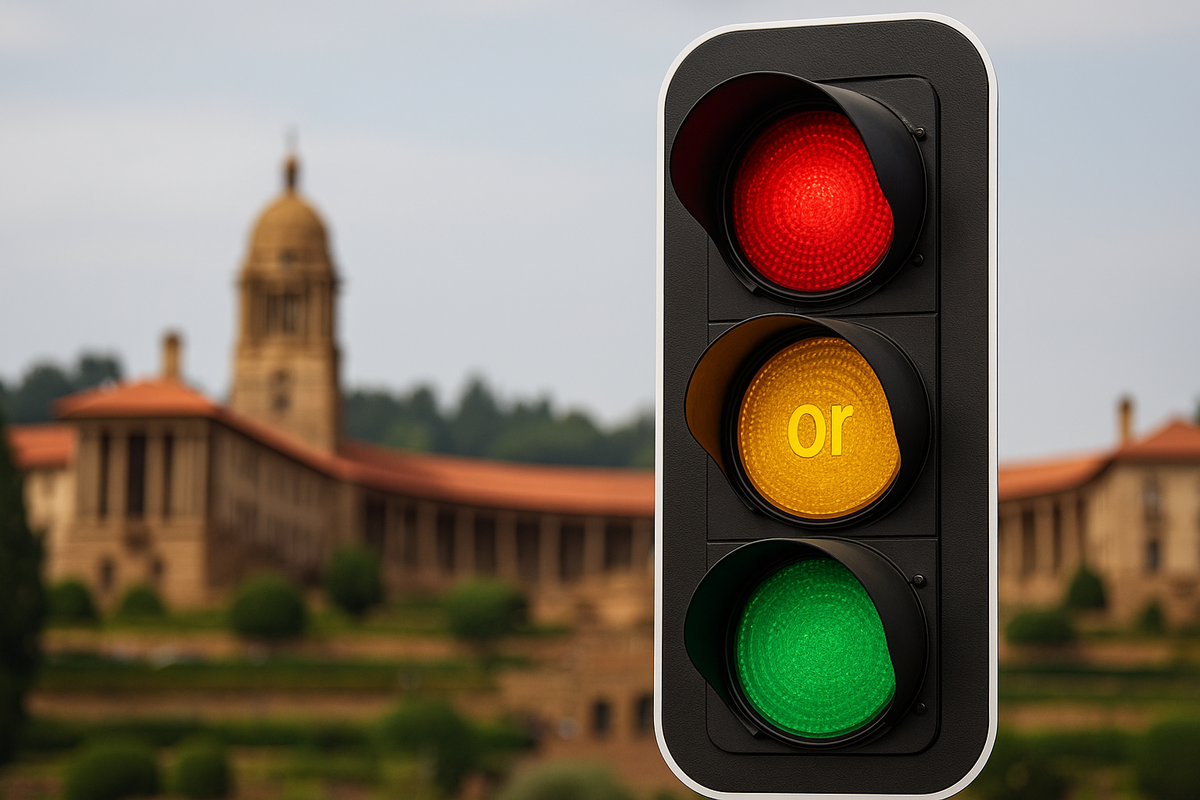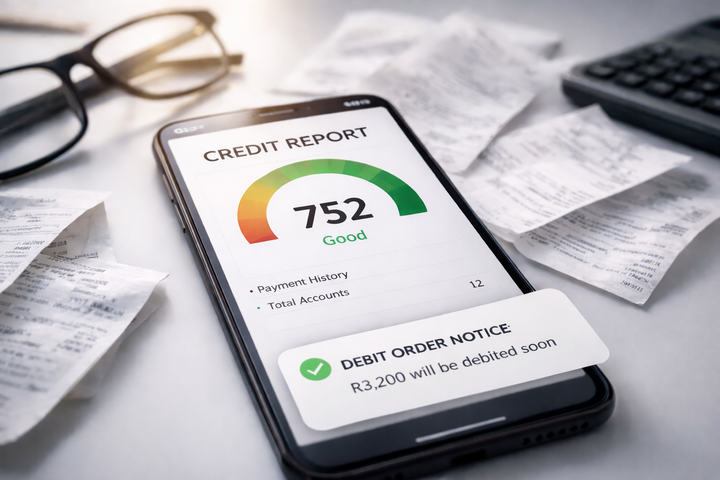FSCA-licensed or no-go? A pocket guide to South Africa’s CASP regime
The FSCA isn’t here to ban crypto; it’s here to put it in a suit and tie. Whether that’s good for your portfolio depends on who you trade with.


Crypto in South Africa has officially grown up. The Financial Sector Conduct Authority (FSCA) now requires that a crypto platform holds a licence if it wants to serve local customers. If your favourite exchange, wallet provider, or broker hasn’t applied, it's already skating on thin ice. South Africa isn’t banning crypto, it’s licensing it, and that changes everything for anyone trading or building in the space.
What the FSCA regime means
The FSCA has slotted crypto into a formal category: CASPs (crypto asset service providers). From October 2023, every exchange, custodian, and trading platform was expected to apply for authorisation. Miss the deadline, and you’re operating illegally in the eyes of the regulator.
This isn’t a token exercise. To be licensed, CASPs must meet the same standards as traditional financial service providers: proper capital reserves, systems to prevent money laundering, and clear disclosures to users.
Why it matters for you
For millennial traders and investors, the CASP regime is more than paperwork. It’s the dividing line between platforms that can prove they’re stable enough to stick around, and those that might vanish with your funds.
The FSCA’s move doesn’t guarantee zero risk; crypto remains volatile and decentralised at its core, but it does mean you’ve got a regulator to complain to if something goes wrong.
It’s less about red tape, more about knowing your platform isn’t one scam away from disappearing.
Who’s in and who’s out
By early 2024, the FSCA had received over 75 licence applications, including from some of the biggest global players. A handful of names have already been approved, while others are still under review. If your platform isn’t on the list, it either didn’t apply or couldn’t meet the bar.
Regulators also have teeth: the FSCA has warned it can shut down unlicensed operators, block advertising, and pursue legal action.
The bigger picture
South Africa is positioning itself as one of the first emerging markets to fully regulate crypto without banning it. That’s not nothing. For everyday users, it sets a clearer path to trade and invest without feeling like you’re always a grey area away from trouble.
Licensed or not, CASPs will shape how South Africans trade, save, and invest in the decade ahead.





Comments ()